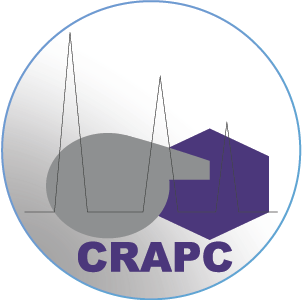A. BENDJAMA , S. RAMDANI
African Journal of Agricultural Research
Received: 05 May 2020 Accepted: 10 September 2020 Published: 31 October 2020
Abstract
Water stress is the most important problem in plant growth and development. Greenhouse trial is carried out on 2 durum wheat (Triticum durum Desf) genotypes (MBB and WAHA), to evaluate the effect of water stress on the biochemical content of leaves, and the possibility of reducing this effect by applying a growth regulator Indole-3-acetic acid (IAA) by seeds soaking and foliar spraying. Water stress causes a large accumulation of proline and soluble sugars and a decrease in the chlorophyll content of the leaves. The results obtained show that the effect of the hormone on the above-mentioned parameters is different according to the genotype and the mode of treatment, as well as the growth phase of the plant, without being able to promote application by soaking or spraying. The application of IAA has relatively reduced the effect of water stress by promoting the synthesis of proline and soluble sugars as osmotic regulators, and by increasing the chlorophyll content of the leaves. proline and soluble sugars concentrations showed negative and significant correlations with those of total chlorophyll. Our present study highlights some biochemical responses of plants to tolerate a water deficit and the possible involvement of exogenus application of IAA, as a phytohormone, in these regulatory mechanisms.
Key words: Triticum durum Desf, water stress, Indole-3-acetic acid (IAA), seed soaking, foliar spraying.

